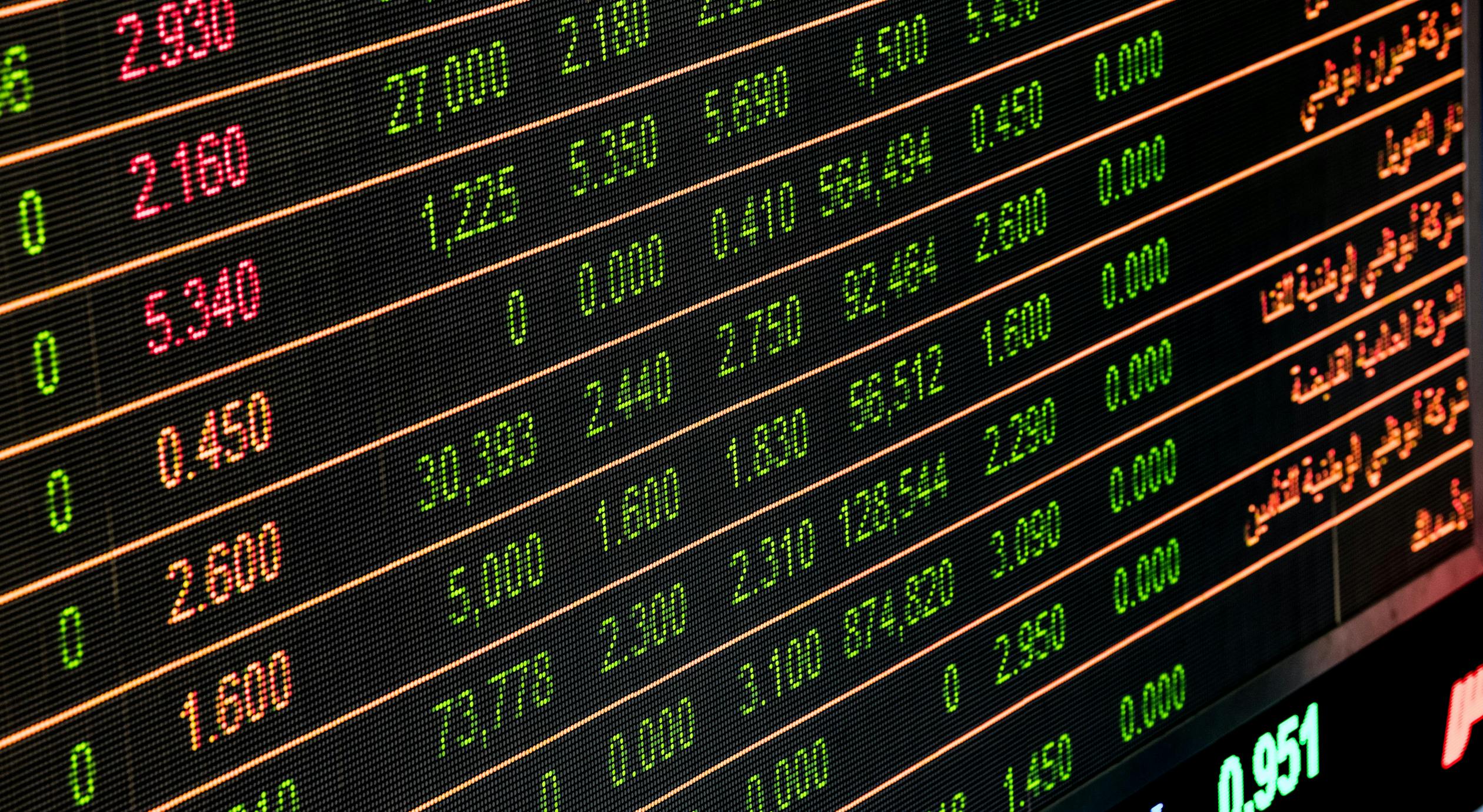The stock market is like any other market where buyers and sellers come together to trade in goods or services.
Think about the car market. You're the buyer who is interested in buying a new red car. You will head over to the car dealership where you are met by eager salesmen. They show you the latest car models and after some back-and-forth, they convince you to put down some money in exchange for a new car.
The stock market or stock exchange works the same way, but instead of the car being the product its shares of stock.The two most well-known stock exchanges in North America are the New York Stock Exchange and the NASDAQ. It's on these stock markets that you can buy shares in companies like Snapchat, Apple and Starbucks.
One of the main difference between the New York Stock Exchange and the NASDAQ is that the New York Stock Exchange offers traditional trading and the NASDAQ is totally electronic.
Traditional trading is face-to-face trading where buyers and sellers of stocks are on the trading floor executing orders. On the NASDAQ all orders happen electronically through computers and telephones.
Many small and up-and-coming companies can be traded over the counter or OTC. This is where investors can buy and sell penny stocks.
In the past the stock markets were only available to the rich and wealthy among us. But ever since the doors were open to the common folk it has been one of the main vehicles in producing wealth.
There have been many times in history where the market crashed and people ended up losing all or most of their money. A stock market crash strikes fear in the hearts of many stockholders, because many shareholders have their retirement and wealth invested in the stock market.
Why does the market go up and down and crash every couple of years? For an explanation we have to look at both the short-term and long-term. Short-term market fluctuations could be triggered by anything, like shareholder speculation, bad news about a sector, changes in governmental policies, companies meeting or exceeding their projected goals, and the list goes on.
I remember back in 2006 or 2007 there was a popular fast food restaurant in New York that was forced to shut down, because the place had a rat infestation problem.
Even after it was closed, you could see the giant New York City rats run back and forth inside the restaurant.
Bad news like this made shareholders freak out and the company saw a decline in their share price.
After some time passed, the price of the stock climbed back up. You probably know which restaurant I'm talking about, but if you don't just do a quick search online, better yet use Youtube.
Fluctuations in the stock market are influenced by the market cycle we are in. During times of prosperity the stock market is in a bull market meaning an upward trend.
In times of economic hardship and uncertainty the stock market tends to be in a bear market, which is a downward trend.
Besides buying stocks you can also buy mutual funds, bonds, futures, options, commodities, index funds and ETFs on the market.
Companies on the stock market are all publicly traded companies. This means that these companies need to be transparent with their shareholders about their business activities. They also need to present quarterly reports called 10Qs and yearly reports called the 10Ks along with an annual report.
In order to get listed on the stock exchange a private company on the primary market goes public through an initial public offering allowing its shares to be bought and sold on the secondary market, which is the market regular investors like you and me have access to.
A company only makes money during the IPO, by selling its shares to the public. It's then in the hands of the shareholders who can trade with each other.
Of course, a company keeps being the owner of a majority of their shares and they can buy back shares if it makes financial or business sense.
With all the different risks involved in the stock market many people still invest in it, because long-term it has proven to be a great wealth builder.

No comments:
Post a Comment